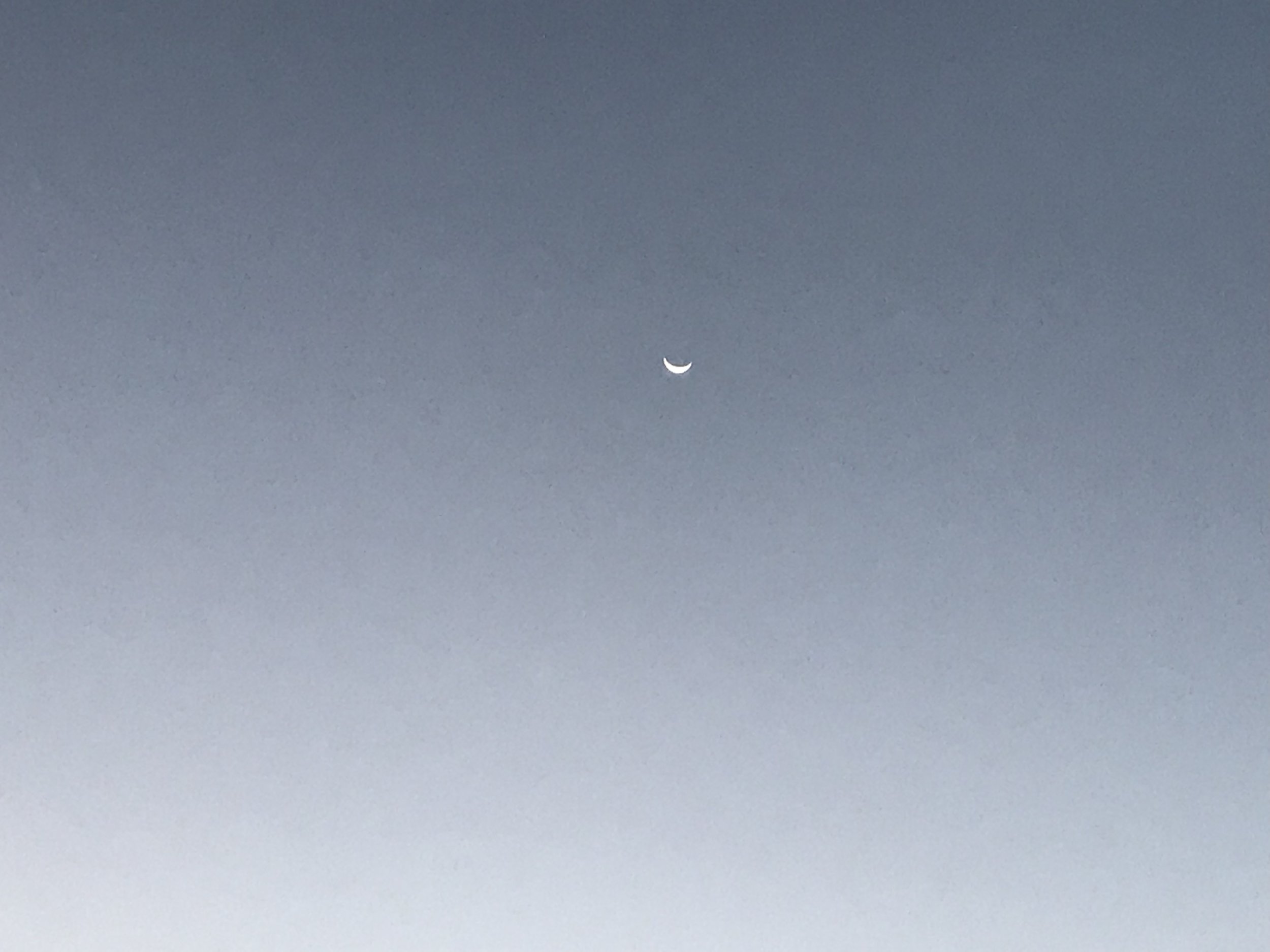This week I have noticed in my own life and on social media the very human tendency to chase down symptoms, feelings, and expressions while avoiding or overlooking their source. I wonder if exploring the roots of all the data I observe seems so unappealing because it also requires me to face the corners of myself I would rather cover with comforts or self-righteousness. As it is, I often avoid the work of looking for my protected weaknesses as well as my deeper needs. Instead, I busy myself with managing the aftershocks.
Sometimes, I am brave enough to venture beyond surface level observations. In those moments, I move towards realizations that shake me deeply. Insights such as how my “best” qualities are often motivated not by love, but by selfishness and greed. Perhaps I recognize the unsettling truth that hiding in my own weaknesses, is every person I have made a monster. Or maybe I discover that pressed beneath the right circumstances and pressures, I am capable of horrible acts of hatred and dehumanization (and so are you). Those circumstances are closer than I would like; however, I cannot learn how to avoid lesser versions of myself without first acknowledging them as a very real possibility.
The “chasing” tendency shows up with a positive spin when I find myself pining after qualities that I would like to represent without being willing to struggle through the river of work from which those attributes spring. Sometimes I focus my attention on cultivating specific feelings, hoping that with enough things, moments, or pleasures to enjoy, I will be able to maintain the deep joy and peace I’ve bumped into here and there in life. If I can just keep things balanced, right?
The intentions my tendencies may be good, but like my friend Lindsey Mumma suggested in a recent instagram post, humans can often begin seeking an appreciation of life’s pleasures and gifts over gratitude for life itself. We may find ourselves chasing the things others (even old versions of ourselves) do as an attempt to grow our own feelings of contentment. And while they may temporarily sustain us, can they ever fulfill us the same way? I wonder if we can ever supplant advice from others into our lives and expect the roots to run as deeply.
Shared knowledge is useful to be sure, but it cannot come with the same process of discovery as our own experiences. A grounded gratitude for life stems from an event of the heart-each one of us needing to finally gasp in wonder for the gift or pause as we encounter the brevity of our existence. We need to allow ourselves to feel and breathe our way through a spectrum of uncomfortable emotions to recognize that regardless of how we may be currently experiencing it—life is magic. We all learn our own ways to live in communion with the moment, regardless of what that moment holds. In this way, peace does not come with more comforts, pleasures, or specific experiences and even positive feelings, but in an appreciation for our presence in the world as it is unfolding. We can never understand that truth by chasing the symptoms of somebody else’s experiences or avoiding the difficulties of our own.





